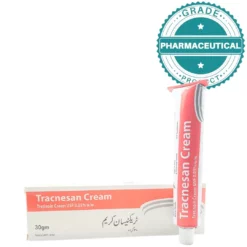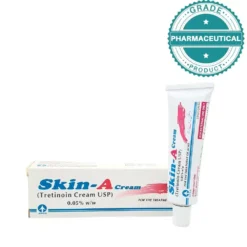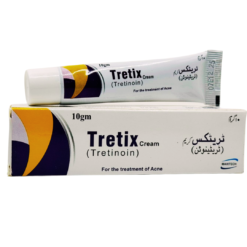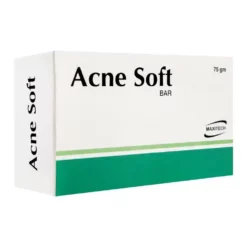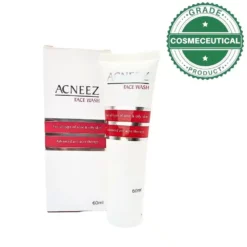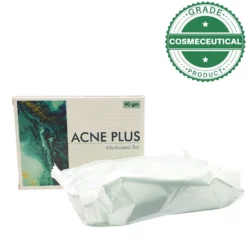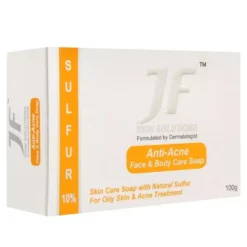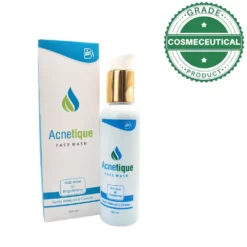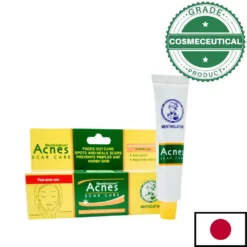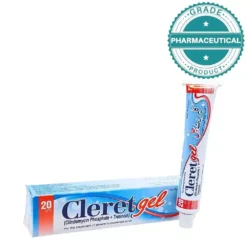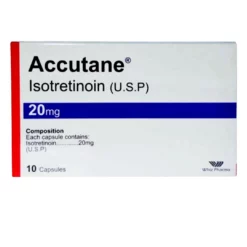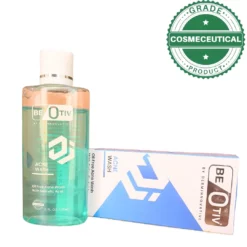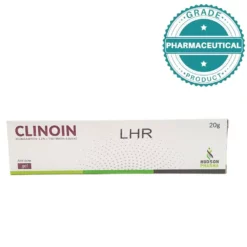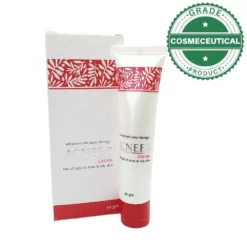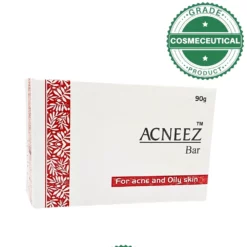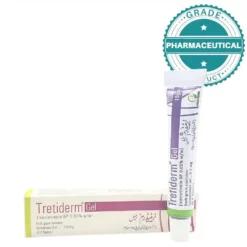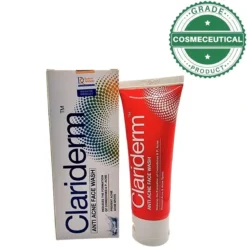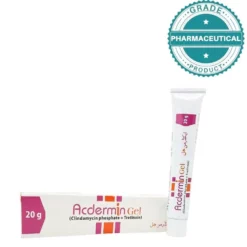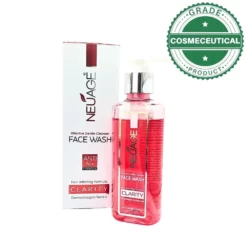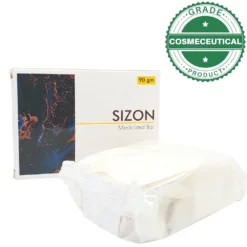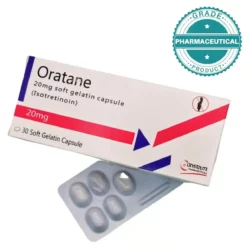Acne treatment encompasses various methods aimed at alleviating or eliminating acne, a common skin condition characterized by pimples, blackheads, whiteheads, and inflammation. The approach to treatment depends on the severity of the acne and the individual’s skin type.
Over-the-counter topical treatments containing ingredients like benzoyl peroxide, salicylic acid, or sulfur can manage mild acne by unclogging pores and reducing bacteria. Moderate to severe cases may necessitate prescription medications such as retinoids, antibiotics, or oral contraceptives, targeting inflammation and bacteria deeper within the skin.
Dermatologists may recommend procedures such as chemical peels, microdermabrasion, or laser therapy to reduce acne scars and promote skin renewal in some instances. Complementary lifestyle changes, including adopting proper skincare routines, making dietary adjustments, managing stress, and avoiding pore-clogging products, can enhance the effectiveness of medical treatments.
It’s crucial for individuals undergoing acne to remain patient as noticeable results may take time, and consistency in treatment is vital for achieving clearer skin. Consulting a dermatologist for personalized advice and treatment plans tailored to specific skin needs remains crucial for effective management




